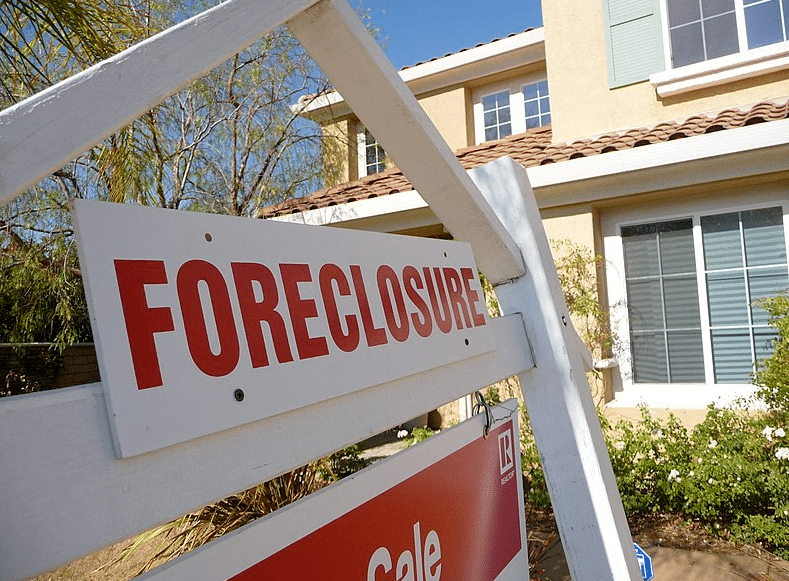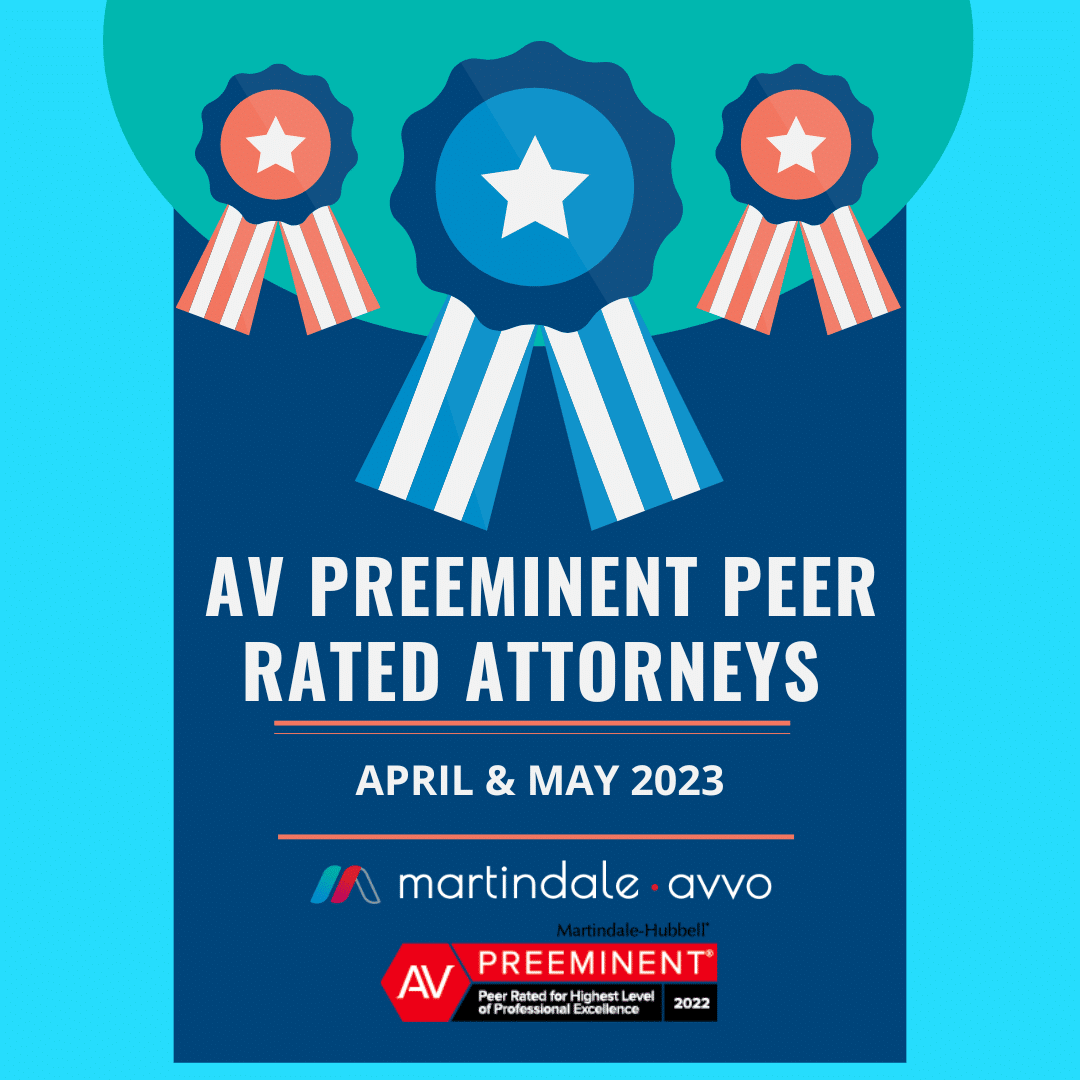By Marco Poggio | June 7, 2023, 4:43 PM EDT ·
Two Brooklyn homeowners accused New York’s court administrators and justices of the state’s Supreme Court in Brooklyn of failing to implement a state law requiring courts to assess if homeowners who are facing foreclosure and cannot afford an attorney should be given free legal representation, according to court documents filed Wednesday.
The New York Civil Liberties Union has filed a proposed class action on behalf of Carl Fanfair and Gloria Antoine, two Black homeowners who are going through foreclosure after falling behind on their mortgage payments during the COVID-19 pandemic
In their class petition, Fanfair and Antoine alleged that the housing court judges dealing with their cases failed to comply with Rule 3408 of the Civil Practice Law and Rules, which requires courts to provide additional protections and foreclosure prevention opportunities to homeowners at risk of losing their homes.
Under the rule, which state legislators enacted in the midst of the 2008 foreclosure crisis, judges must, at the beginning of every residential foreclosure case, convene a settlement conference to determine whether the debtor and the creditor can come to a resolution.
If the homeowner appears at the settlement hearing without an attorney, the court should interpret it as a motion to proceed as “a poor person.” In that case, the presiding judge has an obligation to determine whether the homeowner can continue through the foreclosure process unrepresented, or if the court should appoint a lawyer.
But in housing courts in Brooklyn and around the state, courts have failed to implement the rule, the plaintiffs argued in their suit, filed against the New York State Office of Court Administration and Justices Lawrence Knipel and Cenceria P. Edwards in their official capacities.
“When homeowners appear unrepresented at settlement conferences, courts do not deem them to have made poor-person motions and do not determine whether they should be appointed counsel,” the petition says. “Instead, courts press ahead with the proceedings, leaving the homeowners to fend for themselves as they face the loss of their homes.”
The plaintiffs also accused the administrators’ office of flouting Rule 3408’s requirement to provide pro se homeowners notice that they have a right to an appointment-of-counsel determination, and of failing to comply with the state law’s directive to train the court-appointed referees overseeing settlement conferences under the rule.
Lucian Chalfen, a spokesman for the state courts, declined to comment on the suit’s allegations.
“Courts are putting vulnerable families at risk of exploitation and permanent displacement from their homes and communities,” Terry Ding, staff attorney at the New York Civil Liberties Union, which represents the plaintiffs, said in a statement announcing the class action. “Having an attorney can make a significant difference for homeowners facing foreclosure. With this lawsuit, we want to ensure New Yorkers have a fighting chance to save their homes.”
Read the full article from Law360 here.



